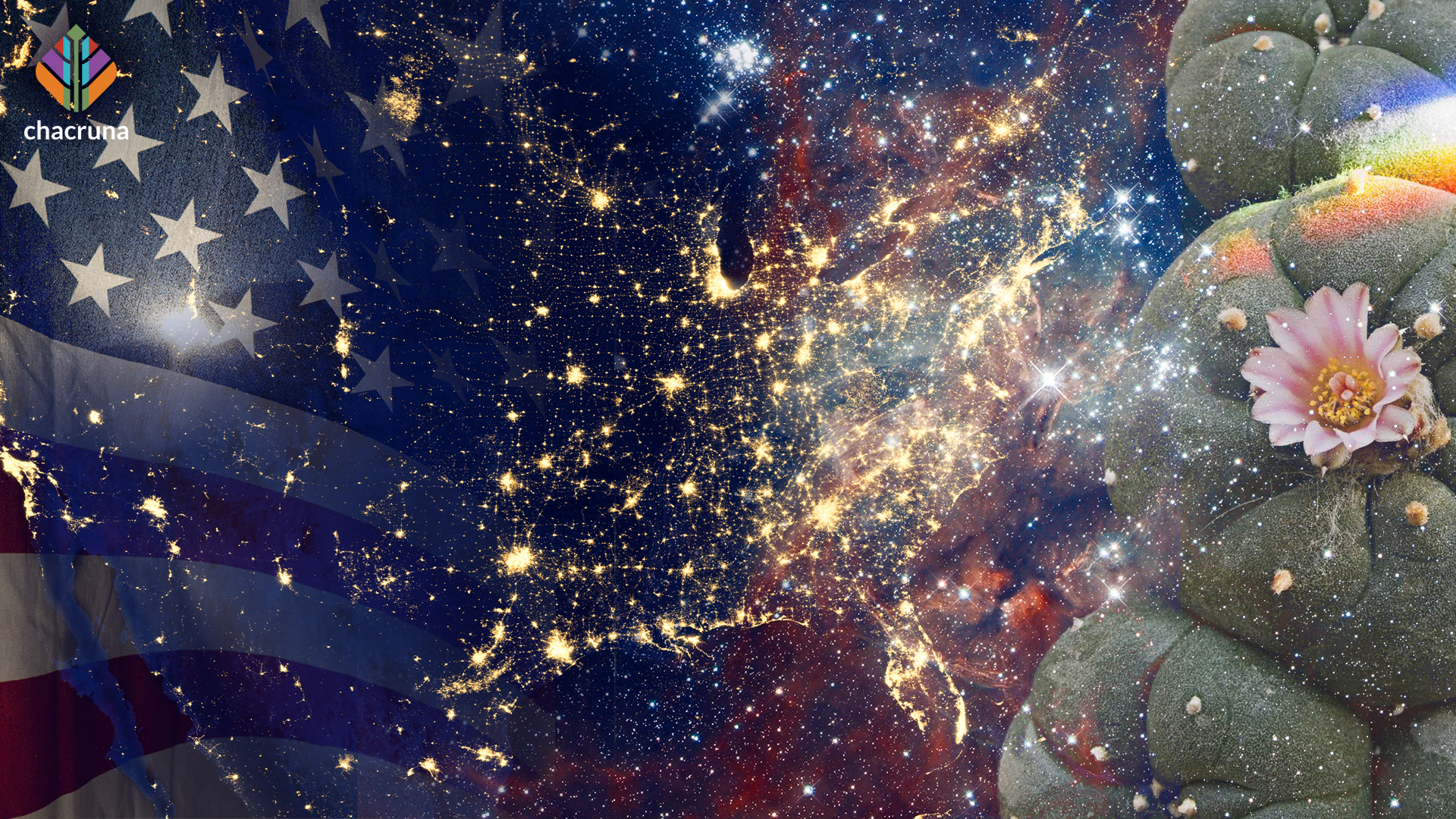
MEDIA CONTACTS
Alray Nelson, Communications Director
Kyron Hardy, Public Information Officer
Kolton Nephew, Legislative Staff Writer
E-mail: [email protected]
Phone: (928) 565-0440
FOR IMMEDIATE RELEASE: May 26, 2022

LEUPP, Ariz. — Members of the 24th Navajo Nation Council were joined by President Jonathan Nez for the Azeé Bee Nahagha – Native American Church 2022 Summit to voice concerns over protecting the legal, societal, and ceremonial use of peyote (Azeé) across the United States.
The Azeé Bee Nahagha of Diné Nation (ABNDN, Inc.) held the summit at Twin Arrows Navajo Casino Resort, where task force members discussed ways to oppose state action from decriminalizing peyote and to work with state lawmakers on legislation to ensure the Azeé medicine is protected from public recreational use and limited to ceremonial purposes as expressed in 42 U.S.C. 1996a / the American Indian Religious Freedom Act Amendments of 1994.
“The Navajo Nation recognizes the Azeé plant as sacred and has been consumed for religious, cultural, and ceremonial purposes for many of our Diné families since time immemorial. Working with Azeé Bee Nahagha of Diné Nation, we will protect the ceremonial use of peyote by Indigenous people and the religious rights given to us under the American Indian Religious Freedom Act Amendments. States across the country must not legalize the use of Azeé (Peyote) like they are doing for recreational marijuana because it will detrimentally affect the religious practices of our Native people,” said Speaker Seth Damon (Bááhaalí, Chichiltah, Manuelito, Red Rock, Rock Springs, Tséyatoh).
In June 2021, the California State Senate introduced Senate Bill 519, which decriminalizes the possession and personal use of certain psychedelic drugs for non-commercial use. Initially, peyote was on the list to be decriminalized, but an amendment was added to keep it off. Sponsored by Senator Scott Wiener (D-CA), the bill attempts to legalize psychedelic drugs such as psilocybin, ketamine, MDMA, L.S.D., and non-peyote-derived mescaline for adults 21 and over.
Extensive research shows that these psychedelic drug substances can help treat mental and substance abuse disorders or post-traumatic stress disorder (PTSD). However, with recent state legalizations of recreational cannabis, the Navajo Nation is concerned that Azeé will be legalized and sold freely, without regard for its ceremonial significance.
“Azeé is sacred medicine that heals our people in Native American Church ceremonies, and that is how it should remain. This medicine is used for religious purposes to heal an individual physically, mentally, and spiritually. States like California that are looking to decriminalize peyote, to allow non-Indigenous people to access it without restrictions, outside of ceremonies is wrong. We must speak up and let those who threaten the religious way of life for many Dinè people know that their actions to decriminalize peyote threaten the historical, cultural, and biological integrity of its sacredness,” said Madam Chair Eugenia Charles-Newton (Shiprock).
Last month, the ABNDN, Inc. approved a resolution recommending the Navajo Nation Council oppose peyote legalization and only allow usage by federally enrolled tribal citizens during bona fide traditional ceremonies. Law and Order Committee Chairwoman Eugenia Charles-Newton is sponsoring legislation to oppose the decriminalization of peyote by states. If approved, it will be the official position of the Navajo Nation government.
“This summit is a gathering of elders, healers, and community leaders representing an important, strong, and growing public effort to affirm the legal, exclusive bonafide use of Hinááh Azeé by our Navajo people and American Indians across the country. As a sovereign nation, we must respond in a timely and appropriate manner to protect our way of life and the medicinal plants we utilize in ceremonies. I believe that American Indian religious rights and beliefs are threatened by non-Native interests seeking profit by legalizing Azeé,” said Vice Chairman Thomas Walker Jr. (Birdsprings, Leupp, Tolani Lake, Coalmine Canyon, Cameron).
Congress enacted the American Indian Religious Freedom Act of 1978 to protect the rights of Native Americans to exercise their traditional religions by ensuring access to sacred sites, use and possession of sacred objects, and the freedom to worship through ceremonial and traditional rites without repercussions from the federal government. The American Indian Religious Freedom Act was amended in 1994 and permitted the traditional use of peyote for American Indian religious purposes.
“The Navajo Nation will ensure our sovereign right to protect Azeé for ceremonial use, and Congress has expressed this through legislation. Peyote cannot be used for recreational use, and we will make sure Congressional leaders standby behind the American Indian Religious Freedom Act Amendments of 1994,” said Council Delegate Otto Tso (Tónaneesdizí).
In 1967, the Navajo Tribal Council passed amendments to the Navajo Bill of Rights declaring the Freedom of Religion as a fundamental human right, and through Resolution No. CO-65-67 made an exception to the criminal code to allow Azeé (Peyote) to be used for religious purposes within the Navajo Nation.
Madam Chair Eugenia Charles-Newton, Vice Chairman Thomas Walker Jr., Council Delegate Vince James, and Council Delegate Otto Tso attended the summit to meet with task force members. ABNDN executive officials include President Willie Tracy Jr., Vice President Alburt A. Johnson, Secretary Roxanne Harvey, and Treasurer Victoria Woody.
Art by Trey Brasher.
This article was originally published here. Republished here with permission.
Take a minute to browse our stock:
Did you enjoy reading this article?
Please support Chacruna's work by donating to us. We are an independent organization and we offer free education and advocacy for psychedelic plant medicines. We are a team of dedicated volunteers!
Can you help Chacruna advance cultural understanding around these substances?










